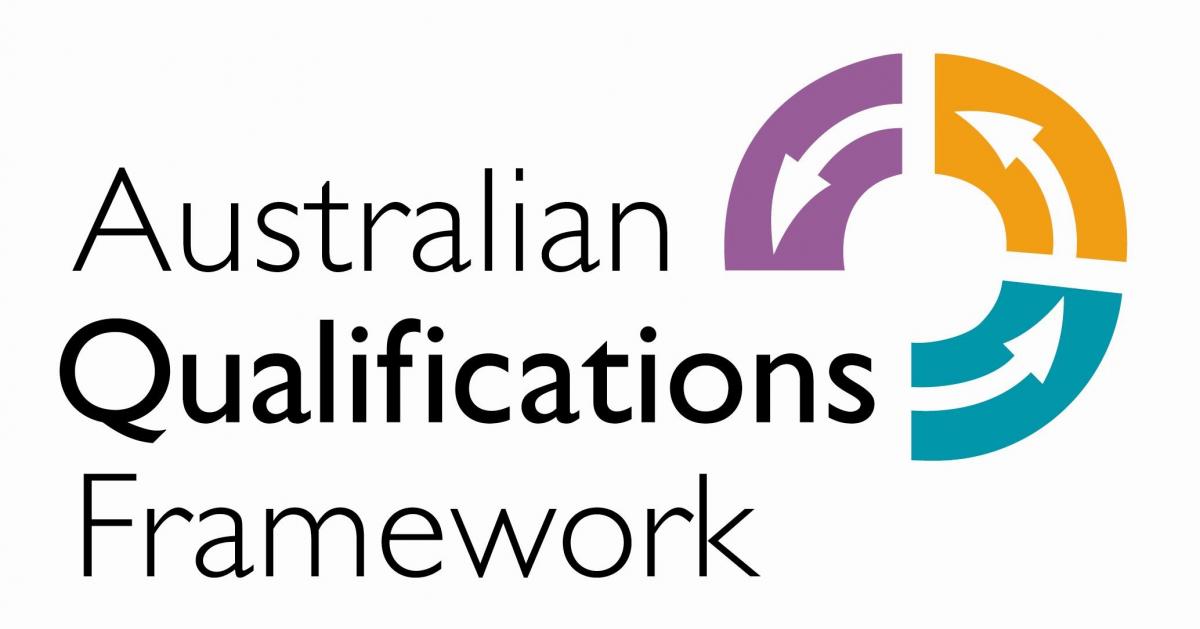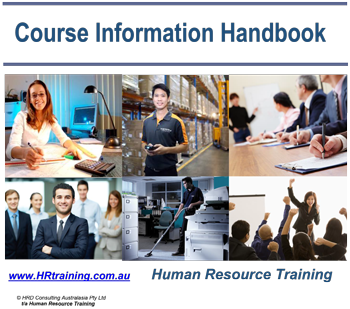 is accredited and recognised throughout Australasia
is accredited and recognised throughout Australasia 
Human Resource training maintains high-quality course standards through our meticulous online assessment.
HR training provides participant/ students with various learning resources:
-
- Learner Guides,
- Handouts,
- Slide presentations,
- Videos,
- Research Readings
- References etc
Attend group training sessions and/or learn online with highly qualified Trainers. Log onto forums and use our 24/7 Mentor Program as often as you need to get personal guidance and help from our Trainers.
For information about our policies & procedures and delivery of courses, read our Course Information Handbook
There are different types of assessments that you may be asked to complete:
Written Assessment: where you need to write a sentence or paragraph. Single word answers are usually not accepted and will be returned asking for more detail.
Multiple choice questions: where there are a group of answers to choose from. The correct response may be more than one answer so read questions carefully!
Project: this involves writing a page or more about a topic studied and if you are employed you can upload sample workplace documents to answer questions to make the assessment easier.
Sample workplace documents: you can upload workplace documents (especially those you have completed as part of your job) that reflect your performance of tasks and skills related to a unit or to show evidence of policies and procedures of your organisation.
Scenario: this is a written account of how you would handle a typical event that could happen in a workplace.
Oral Question/ Demonstration: is an assessment where the Assessor will ask you oral questions to which you verbally respond giving as much detail as possible, or you demonstrate what you have been asked.
Observation Assessment: this assessment is usually done in the workplace but can be done in the training room as a role play or demonstration. Observation assessments allow you an opportunity
to show practical evidence of your competence in the skills of a unit and for the Assessor to watch you work/ perform using the knowledge and skills of the unit. The Assessor may ask questions to clarify what
they see and you will also be able to ask the Assessor questions.
If you are a manager completing a Diploma course, then you will have staff involved in performing the skills and knowledge of a unit you are doing, BUT you are ultimately responsible for the quality of their work.
So you will be observed and assessed in the way you ensure your staff are delivering the skills and knowledge of the unit in line with the policies and procedures of your workplace.
Third Party Workplace Report: this form of assessment is used when you are employed and your Supervisor is able to confirm that you are able to perform satisfactorily and consistently the tasks & skills of a unit
in the workplace. This assessment helps ensure our training is delivered to the different requirements of each workplace.
Video: for practical skills a video can be submitted showing you performing a task or skill. Photographs are not accepted because they do not show you actually doing anything.
Other Assessments: advised by the Trainer
Your competence in each unit of study is the overall aim and the different assessment tasks listed above cover the:
» Elements / Performance criteria
» Performance evidence /Critical aspects of evidence
» Knowledge evidence / Required skills and knowledge
outlined in the Training Package for the units you are studying.
Our assessment process recognises both the knowledge and skills of candidates and meets the four 'Principles of Assessment' of being:
1. Valid
2. Reliable
3. Flexible and
4. Fair
based on the industry standards as outlined in the Training Package for the certificate you are studying.
Your answers to questions and completion of assessment tasks must meet the four 'Rules of Evidence':
1. valid
2. authentic
3. current and
4. sufficient
